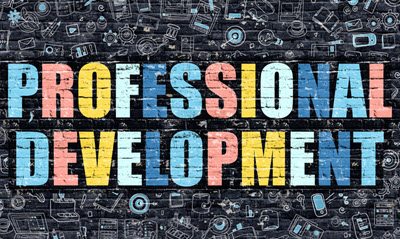 21st Century Education
21st Century Education
Times have changed – so have our students and their needs.
Administrators and teachers have one of the toughest jobs in the world!
It is becoming increasingly challenging to address issues related to differences in class, race, economics, sexual orientation, gender identity, and gender expression among students and staff.
 Self-Care for Educators
Self-Care for Educators
As teachers and administrators, there is so much to tend to, from lesson plans to classroom size, let alone different ways of communicating.
To do this, you need a special skill set which includes learning skills to help you navigate cultural differences in behavior and communication.
Without these skills in place, classrooms get out of control, staff form cliques and shut down, and administrators become overwhelmed.
Professional Development Planning
Changing demographics requires using different strategies to increase awareness of cultural differences and the need to develop a skill set to engage in Intercultural Communication.
This skill set will help develop a sense of community and an increased awareness of social issues and contexts.
Choose from the topics below or contact me to discuss customized training for your staff. Note that times below are minimal. It is strongly advised to consider follow-up trainings to reinforce and practice skills learned.
Sample of trainings available:
- Intersectionality: Honoring and Working with Different Social Identities: Before we can work with others and help them embrace their differences, we must first be self-aware. Learn how to honor the differences that exist among your staff. (3 hours)
- Cultural Humility vs Competency: The now defunct notion that we can achieve cultural competency has been replaced by the practice of cultural humility. This workshop teaches participants Intercultural Communication skills to help them embrace cultural humility, to improve work with clients and in their supervisory relationships. (4-6 hours)
- Beyond Diversity: Gaining self-awareness is only the first step. Learn why most diversity trainings fail and gain the skills to actively engage others from different backgrounds. (4–6 hours)
- Intercultural Communication Skills for Supervisors and Community Leaders: Learn to recognize microaggressions and signs of unhealthy organizations. Learn to apply Intercultural Communication skills to facilitate conflicts related to sexism, homophobia, racism, and classism amongst staff. (6 hours)
- Navigating Cross-Cultural Conversations: Learn how to invite others to discuss difficult topics such as race, class, sexual orientation, gender, and gender expression, and how these differences play out in organizations. This training provides tools for individuals, small and large groups in the workplace and the broader community. (6 hours)
- Broaching Microaggressions and Miscommunications: We all have miscommunications and have committed microaggressions. And we have witnessed them. This workshop helps individuals recognize these phenomena and provides tools to respond effectively. (4-6 hours)
- Cultural Divides in Organizations: Does everyone in your organization have a seat at the table? Do they feel heard? Are there frequent misunderstandings that are never resolved? This workshop will provide a space and the tools to discover what is at the root of these conflicts and how to resolve them. (4-6 hours)
- Mindful Conflict Resolution: Conflicts in the workplace are often a result of systemic oppression and stereotyping as well as cultural biases and misunderstandings. This workshop provides practical mindfulness techniques to help everyone in your organization feel heard and valued. (6 hours)
 Give your staff the opportunity for success
Give your staff the opportunity for success
The first step in better educating others is having a well-trained staff in your institution.
Strengthening the intercultural understanding of teachers and administrators is a necessity in the 21st century, so they can serve the needs of an increasingly diverse student body.
Bridge the cultural divides, be they individual, national or socio-economic. Understand the different social identities and use this knowledge to help prepare the next generation.
Take the next step. Call Intercultural Counseling at (484) 840-3643.

